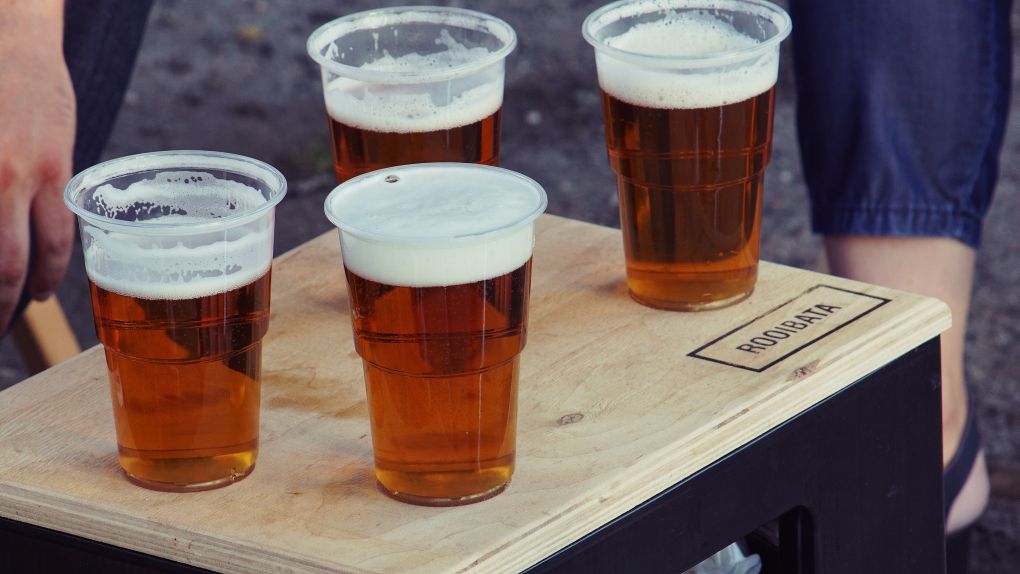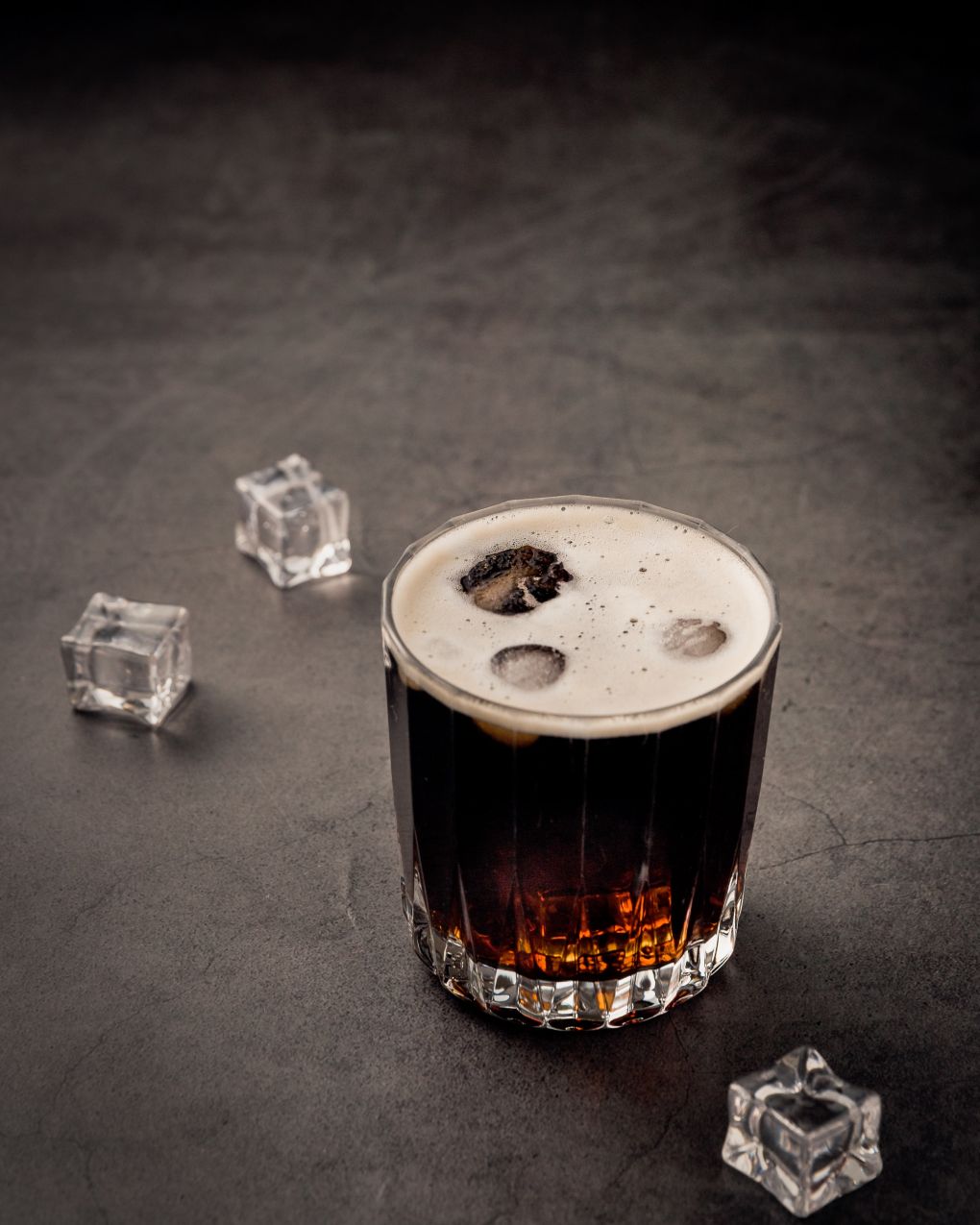I’ve been sober for almost two years now, and I can’t believe it! Two years ago today, at a party in San Francisco, I was out of control. I got into an argument with my boyfriend because he wouldn’t buy me another drink. He told me that if I didn’t stop being drunk then we would break up over it. So I went home (drunk) and broke down crying. I woke up the next morning alone in bed feeling horrible about myself. And from there…it all began.
It took time, but once I finally decided enough was enough, things changed. The most important thing you need to do is decide right now that this will be your year. It may take some time before you’re ready to make changes, so don’t rush yourself or worry too much. Just focus on getting through each day as best as possible until you are ready to change. When you do, you need to know how to quit drinking, it’s not something you can do overnight. You’ll know when that moment comes. Ethanol is a dirty chemical, and you should learn how to get it away from you.

The first step is admitting you have a problem.
This isn’t easy especially when you feel like everyone around you thinks just as badly as you do. But think back to the last few months/years. What were you doing? How often did you go out partying? Did you binge eat? Were you skipping meals? Do you use drugs? Is gambling more than occasional? If you answered yes to any of these questions, chances are good you could benefit from quitting alcohol for good. Start by writing everything down. Write what you drank, how many drinks, where you went, etc. Then list out problems associated with your drinking such as weight gain, blackouts, poor performance at work, relationship issues, legal troubles, etc. Once you’ve done this write down a plan for stopping your drinking. For example: Plan A includes going out every weekend; Plan B includes staying in every night. Or maybe you want to try substituting other substances instead. Whatever works for you, keep track of your progress. Be honest with yourself and others. Don’t hide anything. Ask people who care about you to help you stay accountable. Tell family members, friends, co-workers, health professionals, clergy, etc.
Next, set goals.
Your goal might include cutting down gradually or completely abstaining altogether. Maybe you’d rather start small and eventually move up. Either way, write them down and share them with those closest to you. Remind yourself why you want to quit. Think back to the reasons given above and remind yourself of their importance. Set reasonable expectations. Don’t expect miracles overnight. Make realistic plans for tackling challenges along the way. Remembering why you wanted to quit in the first place can provide motivation when times get tough. When temptation arises, remember the reason behind your new lifestyle and avoid falling off the wagon. Keep a journal. Use it to record your daily successes and setbacks. Take responsibility for your decisions and actions. Own up to mistakes and failures. Accept compliments graciously and honestly acknowledge shortcomings. Most importantly, love and support yourself unconditionally.
Now that you’ve taken action, follow these tips to ensure success.
Focus on one thing at a time.
Quitting alcohol doesn’t mean you should give up socializing or eating healthy food. Instead, concentrate on improving only one area of your life at a time. Avoid multitasking. Work on tasks one at a time.
Identify triggers for relapse. – How to quit drinking
Determine which situations trigger excessive drinking. These might be stressors, boredom, loneliness, low moods, depression, anxiety, fear, anger, sadness, etc. Try replacing unhealthy coping skills with healthier ones. Learn relaxation techniques. Talk therapy can also help. Address underlying causes to learn effective ways to cope.
Create alternatives. – How to quit drinking
Choose activities to replace drinking. Recreate hobbies and interests you used to enjoy while drinking. Exercise, exercise, exercise! Get moving. Find something fun to look forward to. Go shopping, cook dinner together, see movies, visit museums, volunteer, walk dogs, play tennis, meditate, garden, read books, bake cookies, run errands, travel, hit the gym, dance, sing karaoke, shop, watch sports games, join a book club, attend church services, pray, talk to someone supportive, find a therapist, or hangout with old college buddies. Replace stressful events with positive experiences and opportunities. Spend money wisely on items you really desire. Consider joining Alcoholics Anonymous or Narcotics Anonymous groups.
Increase self-awareness. – How to quit drinking
Become aware of warning signs of increased risk for future relapses. Watch for emotional reactions like extreme guilt, shame, hopelessness, helplessness, emptiness, irritability, agitation, rage, despair, nervousness, insomnia, restlessness, loss of appetite, oversleeping, trouble concentrating, trembling hands, shaking legs, sweating, difficulty breathing.

Leave a Reply